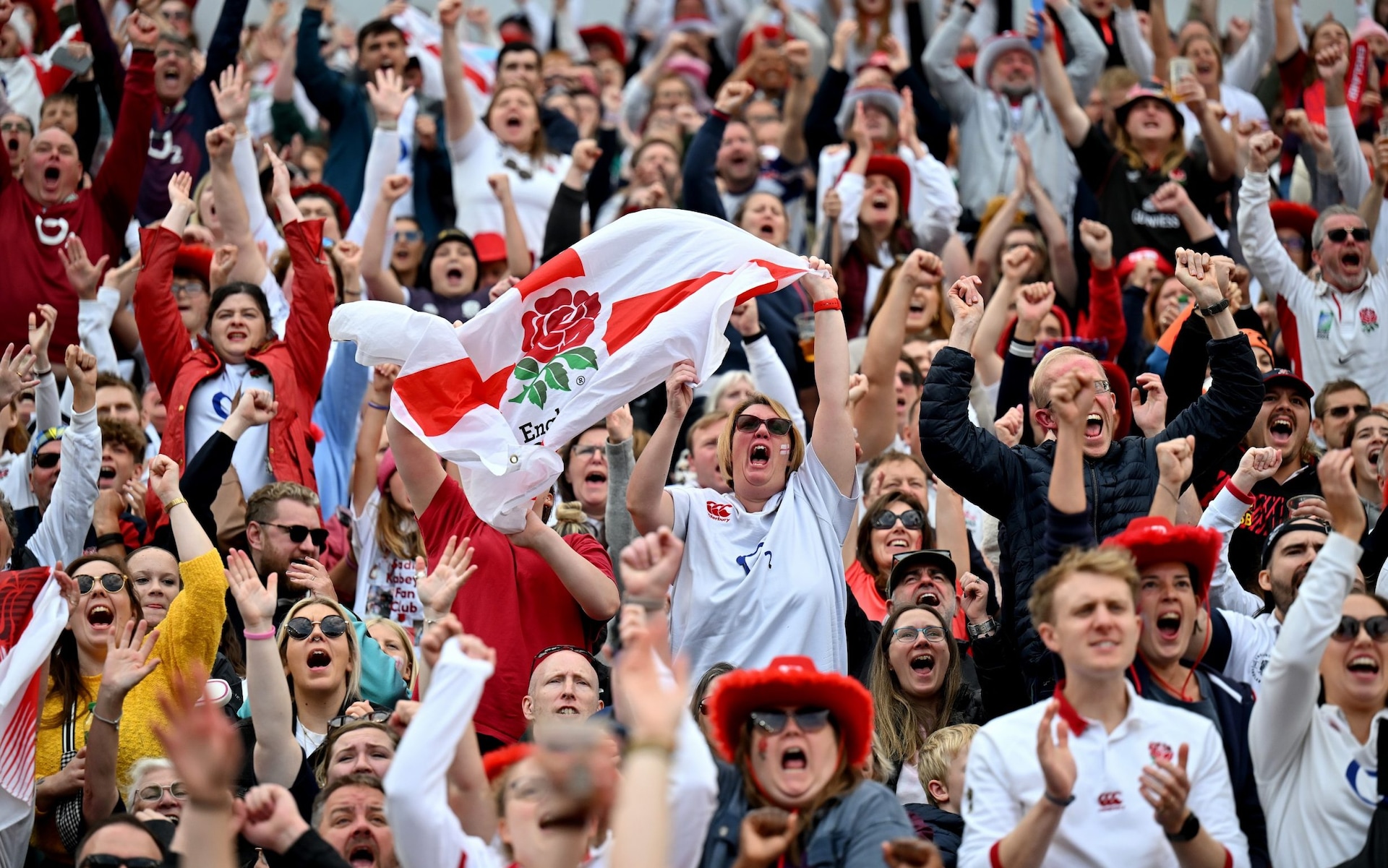No Turning Back: World Cup Final Marks a New Era for Women's Rugby

A Historic Day for Women’s Rugby
The 7:59 a.m. train from Newcastle to King’s Cross on Saturday was unusually packed, with every seat taken. As the train reached Darlington, a group of men had to give up their table to a group of Red Roses supporters who had booked their seats. More fans in white shirts boarded at York. While England men's team supporters are used to crammed trains heading to Twickenham, this day felt different—full of significance and anticipation.
When the last World Cup final was held in England in 2010 at the Stoop, Harlequins’ stadium near Twickenham, only 13,253 fans showed up to watch New Zealand retain the title. This time, fans were making long and costly journeys south to see if the Red Roses could finally achieve their goal. They had won 62 of their last 63 matches but hadn't claimed the title since 2014.
There were many differences on this day. Three hours before kick-off, Richmond, usually filled with beer-swilling fans, was empty. Instead, over 50,000 supporters had already made their way to the stadium to watch New Zealand win the bronze medal final against France. Some may have noticed a Portakabin in the north car park where the world’s media picked up their accreditation for the tournament. In 2008, the office for the Rugby Football Union for Women was based nearby in a similar structure, but those working there weren’t allowed into the stadium itself.
The atmosphere was unique, with cowboy hats in evidence and everyone seated well before the game began. The buildup felt like a celebration of women's rugby, even though everything was at stake for England.
England had no choice but to win this World Cup. The RFU has invested heavily in the women’s game, announcing a £222 million investment over the next decade to create the first fully professional women’s club league. After losing another World Cup final to the Black Ferns in 2021, the RFU hired John Mitchell, a top coach from the men’s game, as the key to success.
In the history of the sport, the Red Roses entered the final with the highest number of world ranking points of any international side. The pressure on Mitchell’s team was immense, surpassing that of the All Blacks during their home World Cup in 2011 after years of failure.
The Red Roses faced Canada, ranked second in the world, which launched a crowdfunding campaign to raise $1 million to supplement its support. A loss for England was unthinkable, making their victory all the more significant. Despite the high expectations, the Red Roses demonstrated superior power, finishing ability, and determination.
This triumph marks England’s second Women’s World Cup win, following the men’s victory in 2003. Meg Jones, England’s standout center, captured the spirit of the moment. “There has been huge momentum for women’s sport this year,” she said. “I feel like every week I can’t believe how many people are here.”
She hopes people see the beauty of the game beyond just competition. “We know the impact we can have because of everything we’ve been through as a collective.” Over the years, she has seen other nations strive to compete with England.
There is a caution for the future. The men’s game took over 100 years to reach a commercial tipping point, and it still struggles financially. The RFU’s investment in the women’s game has raised expectations, placing financial pressure on less wealthy unions to keep up. Critical decisions must be made to ensure the sustainability of the women’s game.
For now, the focus remains on the historic victory. This tournament broke records and brought rugby to new audiences, inspiring more children to take up the sport. The skill and intensity of the game made it an unforgettable spectacle.
The Red Roses declared their win would “redefine women’s rugby.” England defeated Canada 33-13 in the final, scoring five tries in a match that set a new attendance record for a women’s rugby event. Two months after the Lionesses retained the European football trophy, this was England’s 33rd consecutive win and their third World Cup title, 11 years after defeating the same opponents.
Zoe Aldcroft, the Red Roses captain, highlighted the broader impact of the result. “It was a chance to redefine women’s rugby,” she said. Natasha Hunt, the scrum-half, added, “It’s huge for women’s sport. I don’t think any of us could have imagined it would ever be like this.”
John Mitchell, named World Rugby Coach of the Year, believed his goal of turning the Red Roses from good to great had been achieved. “This is a phenomenal team,” he said. “Greatness is deserved.”
Post a Comment for "No Turning Back: World Cup Final Marks a New Era for Women's Rugby"
Post a Comment